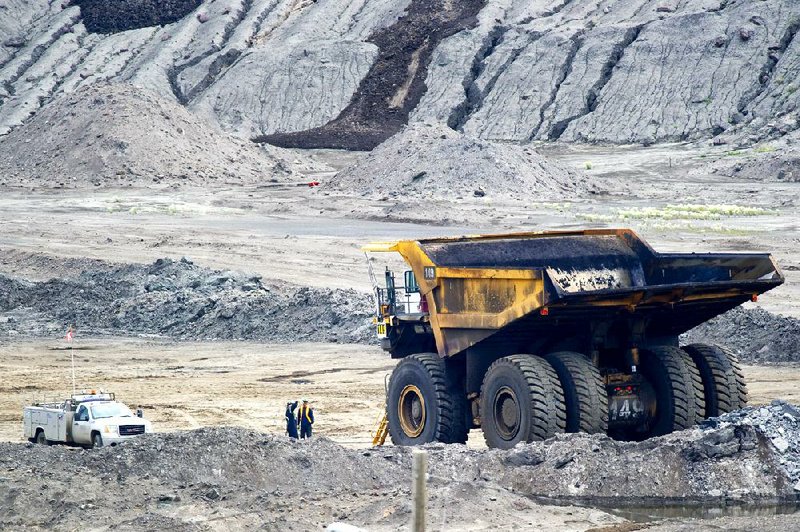SHANGHAI, China — China moved Monday toward its biggest overseas energy acquisition, with Chinese offshore oil and gas giant CNOOC Ltd. saying it has agreed to buy Canadian producer Nexen Inc. for $15.1 billion.
The deal faces scrutiny from the Canadian government, which has rejected foreign interest in the past over worries about the country’s natural-resources industry.
CNOOC and other big state-owned Chinese energy companies have increased purchases of oil and gas assets in the Americas as part of a strategy to gain access to resources needed to fuel China’s economy.
The offer of $27.50 a share is a premium of 60 percent to Nexen’s closing price Friday on the New York Stock Exchange.
CNOOC expects the takeover to be finalized in the fourth quarter of this year, pending government approvals.
Calgary, Alberta-based Nexen operates in western Canada, the Gulf of Mexico, the North Sea, Africa and the Middle East, with its biggest reserves in Canadian oil sands. It produced an average of 213,000 barrels of oil equivalent a day in the second quarter of this year.
The acquisition vastly expands CNOOC’s holdings in Canada, where the company has already invested about $2.8 billion.
Canada said the takeover offer will face a review by both its industry minister and the Competition Bureau, an independent law enforcement agency.
Industry Minister Christian Paradis said in a statement that he will review how the deal affects investment, employment, production and resource processing in Canada. He said the Competition Bureau will determine if the deal substantially lessens Canada’s ability to compete in global markets.
He did not give a timeline for the reviews.
It will be a tough call for the government, which has to decide whether the deal is a net benefit to Canada as a whole and not just to shareholders, said University of Calgary economist Jack Mintz.
“It’s going to be hugely political,” Mintz said. He said CNOOC prepared its bid with an eye to regulators by offering a 61 percent premium to shareholders and stressing that it intends to keep the Calgary-based management intact.
The last time Canada faced a similar challenge - when Australia-based BHP Billiton Ltd. launched a hostile takeover bid for Saskatchewan’s Potash Corp. - the government rejected the deal under pressure from Saskatchewan Premier Brad Wall and corporate players.
CNOOC said it plans to set up its regional headquarters in Calgary, increasing the company’s spending to develop the Canadian company’s energy reserves.
“This transaction will allow for significant investment in our business and opens the door to new opportunities for our employees,” Kevin Reinhart, interim chief executive officer of Nexen, said in a statement.
The companies already had a strategic alliance that involved CNOOC investments in Nexen offshore wells in the Gulf of Mexico.
“The acquisition reflects our strong belief in Nexen’s rich and diverse portfolio of assets and world-class management and employees,” CNOOC Chairman Wang Yilin said in a statement.
Information for this article was contributed by Charmaine Noronha of The Associated Press.
Business, Pages 21 on 07/24/2012
